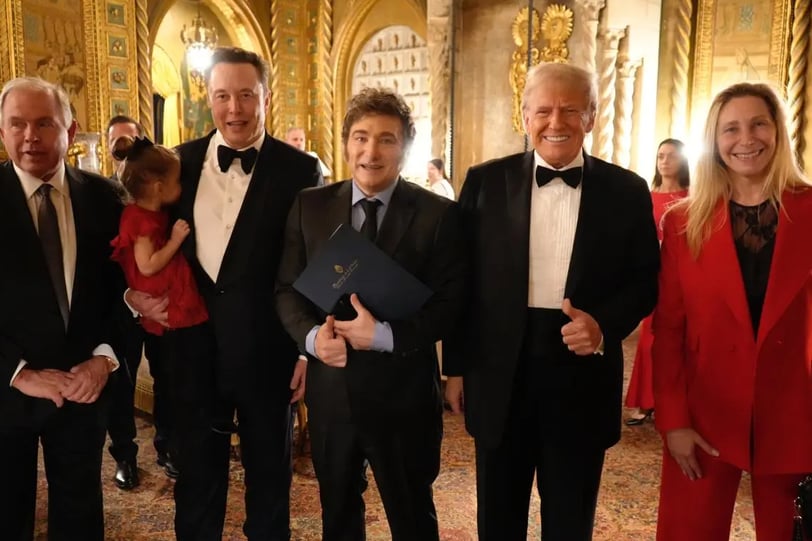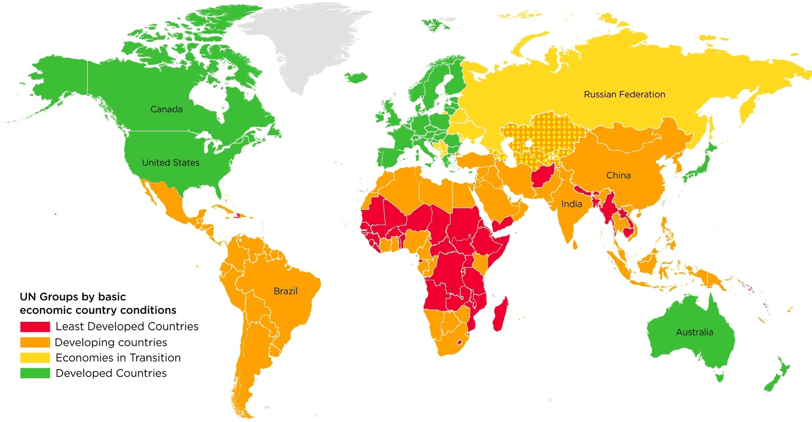Free trade between Argentina and the United States
A free trade agreement could represent a great opportunity for economical development for both countries and a tightening of political bonds
INTERNATIONAL TRADEINTERNATIONAL RELATIONSNEWS ARTICLE
Evaristo Joaquin Gonzalez Montepeloso
11/26/2024


In a recent interview with Argentinian radio program Rivadavia President Javier Milei said that "The elected [Trump] administration feels much more comfortable working with me than with other governments and this has commercial and financial implications. Under this conditions we can advance in greater trade agreements with the United States, in the same way that we are advancing with China". During this same interview the Argentinian president expressed his desire to pursue a free trade agreement with the United States to solidify economic relations with the single biggest economic powerhouse in the World.
This statements have prompted wide discussions in Argentinian media outlets due to the potential effects this could have in the local economy, however, the general public seems to be unaware if this potential consequences could be mostly positive or negative. In this article we will cover some potential effects a free trade agreement could have in the local economies as well as in the trade relationships with the United States.
According to the United State's International Trade Administration a Free Trade Agreement is "an agreement between two or more countries where the countries agree on certain obligations that affect trade in goods and services, and protections for investors and intellectual property rights, among other topics. For the United States, the main goal of trade agreements is to reduce barriers to U.S. exports, protect U.S. interests competing abroad, and enhance the rule of law in the FTA partner country or countries". In short, this agreement's main objective is to enhance economic growth and cooperation, as well as to promote trade and investments, through lower barriers to trade like tariffs and import quotas.
In general, this type of agreements entail more than economic relationship, as is evident with the remarks by President Milei, a free trade agreement starts from an ideological alignment between both governments. This is due to the fact that a Free Trade Agreement has a great impact in development if applied in the right circumstances, as it could empower key trade relationships. For instance, an FTA with Argentina could significantly boost trade in grains, crops, and raw materials, while simultaneously enabling the United States to expand its exports of manufactured goods to Argentina, providing both nations with a distinct competitive advantage in the global market.


The International Division of Labor follows the lines of Developed and Developing countries and could set the framework for how future trade relations between Argentina and the United States would develop in the future
The prospect of a Free Trade Agreement with the United States could ignite intense debate within Argentina's already polarized political landscape, as various economic and interest groups stand to either benefit or be disadvantaged by the policy. As of now, the potential benefits remain unclear, with each side poised to argue strongly for or against this policy, based on their own interests and the impact on their own circumstances.
Sources
International Trade Administration. (n.d.). Free trade agreements (FTAs) overview. U.S. Department of Commerce. https://www.trade.gov/free-trade-agreement-overview
